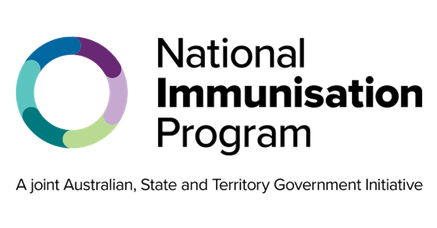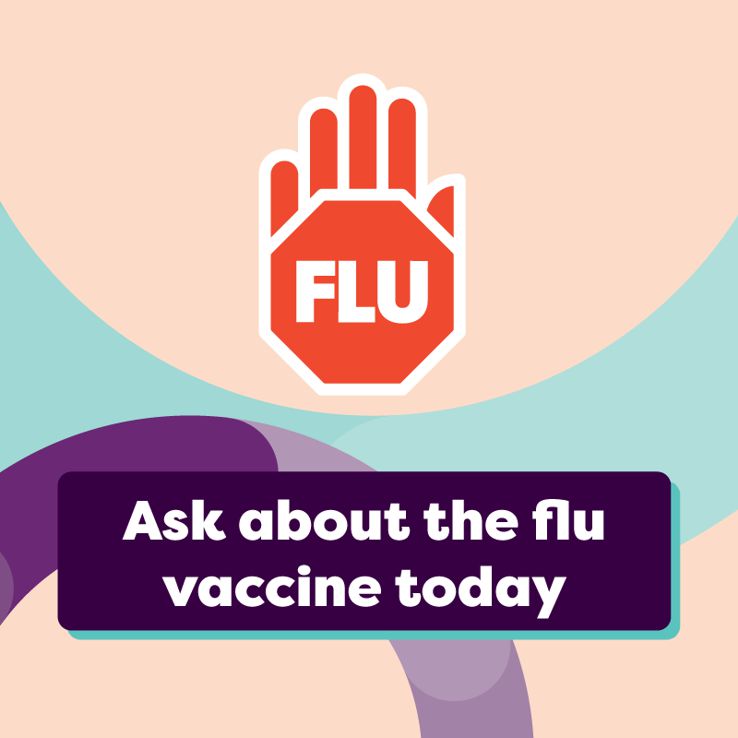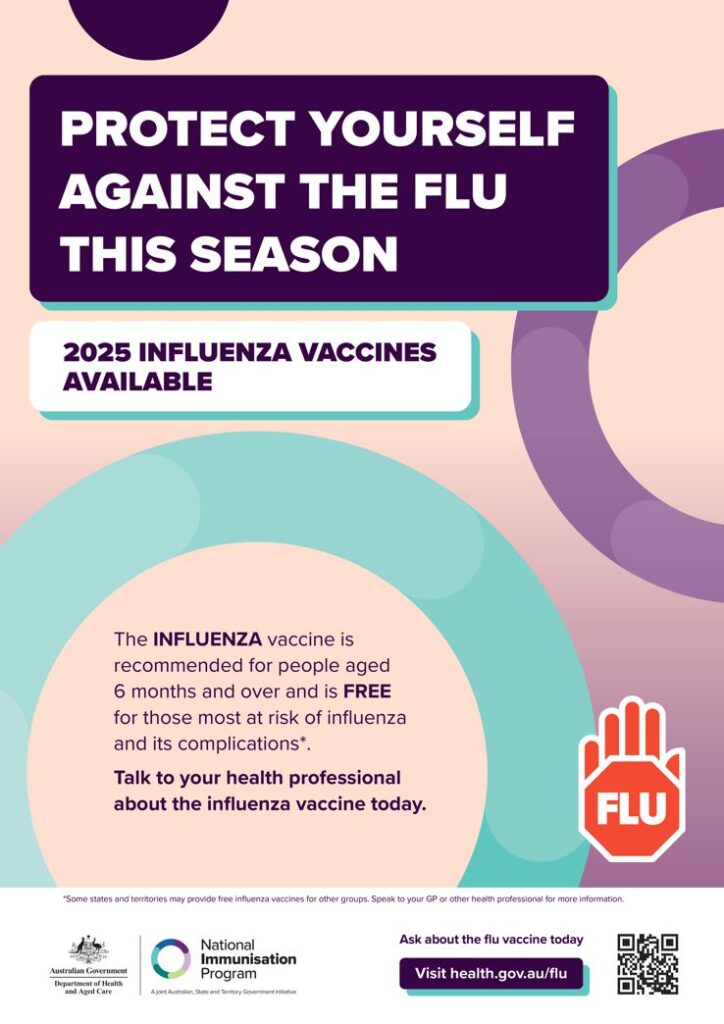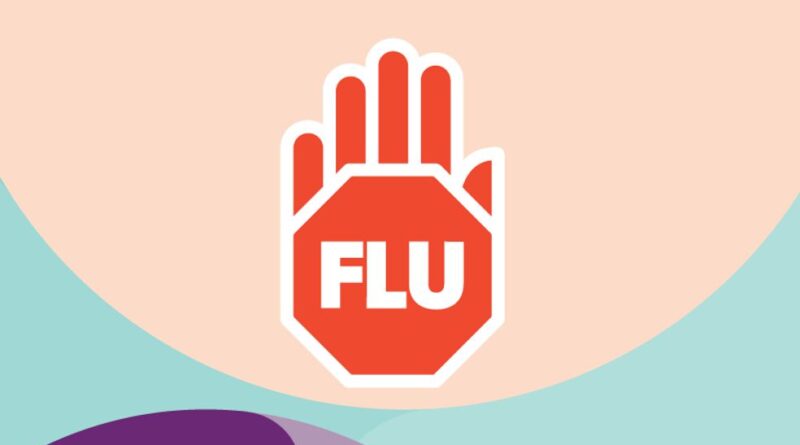National Immunisation Program: Influenza (Flu) Vaccination


About influenza
Influenza is a common viral infection that affects people of all ages.
While it may be a mild disease for some, it can also cause serious illness and even lead to hospitalisation in otherwise healthy people.
Vaccination, administered annually by a health professional, is the safest means of protection from influenza.
About the influenza vaccines
The strains of the virus circulating can change yearly, prompting updates to the vaccines based on expert advice. That’s why it is important to get vaccinated every year.
The vaccine brand used will depend on your age. Your health professional can tell you which vaccine will be used for you or your child.
Egg based vaccines and a cell-based vaccine (for people aged 5 to 64 years) are available on the program. There is no preferential recommendation for either. They are all latex free.
Influenza vaccine safety
The influenza vaccine has been around for many decades and has a great safety record.
Common side effects from the vaccine include mild pain, redness or swelling where the vaccine was given. These side effects usually last for a few days and go away without any treatment.
Serious side effects, such as a severe allergic reaction, are rare.
The vaccine does not contain live influenza viruses and cannot cause influenza.
People with an egg allergy, including history of anaphylaxis, can safely receive all influenza vaccines. If you have an egg allergy, please discuss this with your health professional.
Who should receive the influenza vaccine
Everyone 6 months and over is recommended to get an influenza (flu) vaccine each year. The flu vaccine protects you, but it also can help protect those around you.
| Influenza vaccination is especially important for some people |
| The flu vaccine is strongly recommended and free under the NIP for the following people most at risk of complications from influenza: Children aged 6 months to less than 5 yearsPregnant women for every pregnancy and at any stage of pregnancy Aboriginal and Torres Strait Islander people aged 6 months and over People aged 65 years and over People aged 6 months and over with certain medical conditions. Some states and territories may offer free vaccines for other groups. Talk to your health professional or visit your state or territory health department website to find out. If you are not eligible for a free vaccine, you can buy the vaccine. Talk to your health professional to find out how much it will cost. |

Children under 5 years
Babies and children younger than 5 years have a higher risk of complications from influenza, potentially leading to hospitalisation. Even healthy children can get very sick from influenza.
Your child can get an influenza vaccine either at the same appointment as their other routine childhood vaccinations, or on its own.
Children under 9 getting the influenza vaccine for the first time need 2 doses, 4 weeks apart. This strengthens the immune response for all vaccine strains.
Pregnant women
Influenza is a serious disease for pregnant women and their babies. The influenza vaccine is recommended and free for every pregnancy. It’s safe to give at any stage during pregnancy. It’s safe while breastfeeding.
Changes to immune, heart and lung functions during pregnancy increase vulnerability to severe influenza-related complication.
Vaccination in pregnancy enables the transfer of protective antibodies to the baby through the placenta. This protects the baby in their vulnerable early months when they are too young to be vaccinated themselves.
Pregnant women who had last year’s influenza vaccine early in their pregnancy are recommended to have the current influenza vaccine before the baby is born.
If you received the vaccine before pregnancy, you should be revaccinated during pregnancy to protect your unborn infant.
Influenza vaccination can safely be given at the same time as the pertussis (whooping cough), RSV, and COVID-19 vaccine (if required), or other vaccines recommended during pregnancy.
People with certain medical conditions
The influenza vaccine is free for people 6 months and over with the following conditions:
- cardiac disease
- chronic respiratory condition
- immunocompromising condition
- haematological disorder
- chronic metabolic disorder
- chronic kidney disease
- chronic neurological condition
- long-term aspirin therapy in children aged 5 to 10 years.
Talk to your health professional about your medical history and eligibility.

Aboriginal and Torres Strait Islander People
Aboriginal and Torres Strait Islander people are at higher risk of getting really sick and going to hospital from influenza.
All Aboriginal and Torres Strait Islander people aged 6 months and over can get the influenza vaccine for free every year.
People aged 65 years and over
Vaccination is very important for people aged 65 years and over as they are at high risk of getting sick from influenza.
All adults aged 65 and over are eligible for a free influenza vaccine that is specifically made to boost the immune response for better protection.
When to get your influenza vaccine
You should get vaccinated each year from when the vaccine is available in March/April to be protected before the influenza season. The peak influenza season is usually June to September in most parts of Australia. However, it is never too late to get the vaccine as influenza can spread all year round.
If you had last season’s flu vaccine late last year or early this year, you should still get the new season vaccine this year when it becomes available.
| Where to get the Influenza vaccine |
| Vaccination appointments can be booked at a range of health services including: local doctors or general practices local council immunisation clinics (available in some states and territories) community health centers Aboriginal health services participating pharmacies. Not all these health services will have the free NIP vaccines. Check with your preferred health service to find out: about the specific vaccines they can provide when they will be availablewhen you can book in to have the vaccineif there is a consultation fee or service charge to get the free vaccines. |
Australian Immunisation Register
Your health professional is required to report all influenza vaccinations to the Australian Immunisation Register to ensure your records are accurate and complete.
Ask about the flu vaccine today health.gov.au/flu
| State and territory health department contact numbers: | |
| ACT 02 5124 9800 | SA 1300 232 272 |
| NSW 1300 066 055 | TAS 1800 671 738 |
| NT 08 8922 8044 | VIC immunisation@health.vic.gov.au |
| WA 08 9321 1312 | QLD Contact your local Public Health Unit |



